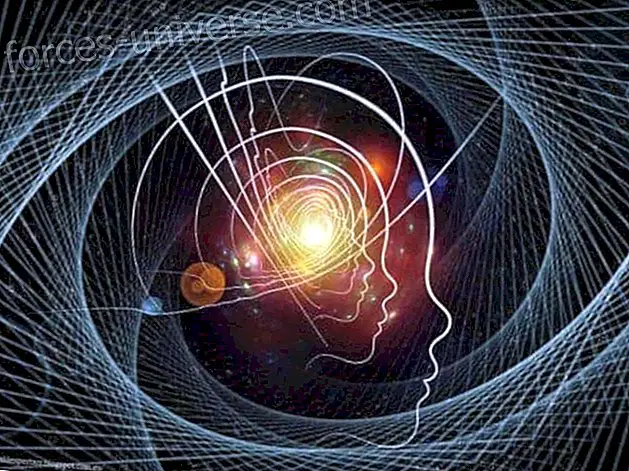
I'm sorry but I don't forget. It is a common phrase that we usually hear from many people. With this phrase they justify each of those times when they have the opportunity to remember the grievance, repeating incessantly all the claims that were made the first time and reminding the person that despite their mistake they were able to Forgive him.
Let's think about this situation now: Let's imagine that I ask for money in a bank and then pay my debt with the agreed interest. My account after a while is finally settled. But what happens if after two, three, five or five times each time I pass the front of the bank, the manager comes out to ask me for money for the loan he made to me? Wouldn't that be a robbery, a lack of respect for me? Wouldn't the manager and his bank be abusing something that was already long overdue? I could sue the bank for this outrage. It is not fair that after paying what I owed and with interest, they keep asking me again and again for more money. Well, that is exactly what we are doing every time we claim someone's mistakes and supposedly we forgive.
On other occasions instead of verbally claiming the person for his mistake, we simply charge the debt with our attitude, we seek to submit, not to mention the grievance we make him feel that he failed us and that he must pay eternally for his crime. This attitude will reduce the person feeling guilty for the rest of his life or until he discovers for himself that he committed a fault but that he must reconcile with himself.
And why then does this happen to us? Because we haven't really forgiven. Because within us the pain still persists. And remembering that pain again and again I am feeling it. Hence the word resentment, of constantly remembering (re-feeling, feeling again) the error of the other with the emotion that accompanies it.
So how could we really forgive? Is it possible that we forget and erase an event from our mind and remember it no more? That we suffer a kind of temporary amnesia? Well, it is not necessary to forget what happened. We do not need to perform a lobotomy to forgive someone. We must simply learn to heal our pain.

How do we do it?
As a first step it is important to remember an important teaching of Toltec wisdom described in the book "The Four Agreements" by Miguel Ruiz. The second agreement tells us "Don't take anything personally." In this agreement they speak to us about personal importance, believing ourselves to be the center of the universe, which is an expression of selfishness. That is why it is important here to resort to understanding. Understand that what the other did, he did from his beliefs and his experiences, not thinking of hurting me but acting from his own programming. But beyond the programming of this person, we must understand that the level of consciousness in which that person was at the time he made the mistake did not allow him to see the consequences of his actions. Even if this person had planned everything to harm us, he still remains an unconscious being, because from his level he does not perceive evil as something wrong, if he knew he would not. Something is missing to learn to stop making that mistake.

When we get to learn the depth of this, it will be easier for us to forgive this person's mistake.
The second aspect that we must take into account is: it is not the memory that prevents us from forgiving. It is the emotional charge that memory has that makes us feel this way. If we manage to eliminate the emotion, that memory will be just an image without emotion, with nothing that affects us, it will be the same as seeing the image of a screensaver on the computer, it will not transmit anything to us. If we are able to take enough distance from the fact and see it without our emotion, without identifying ourselves with what happened, without feeling victim of the situation, we could see the fact not as the other's attempt to harm us, but as an experience of his learning and mine, because “the teacher only appears when the student is ready. This means that we are attracting this situation to our life while we learn.
Finally I want you to do an exercise that I learned in a book. If after trying to understand and release the emotion, they are still angry with that person, think again and again about all the beautiful things they lived in, all the happy moments, and you will see how little by little, day after day they change their thought-feeling towards that person, feeling peace with himself again.
JP Ben-Avid
References
Miguel Ruiz, (1997). The four Agreements. Barcelona: Uranus.






